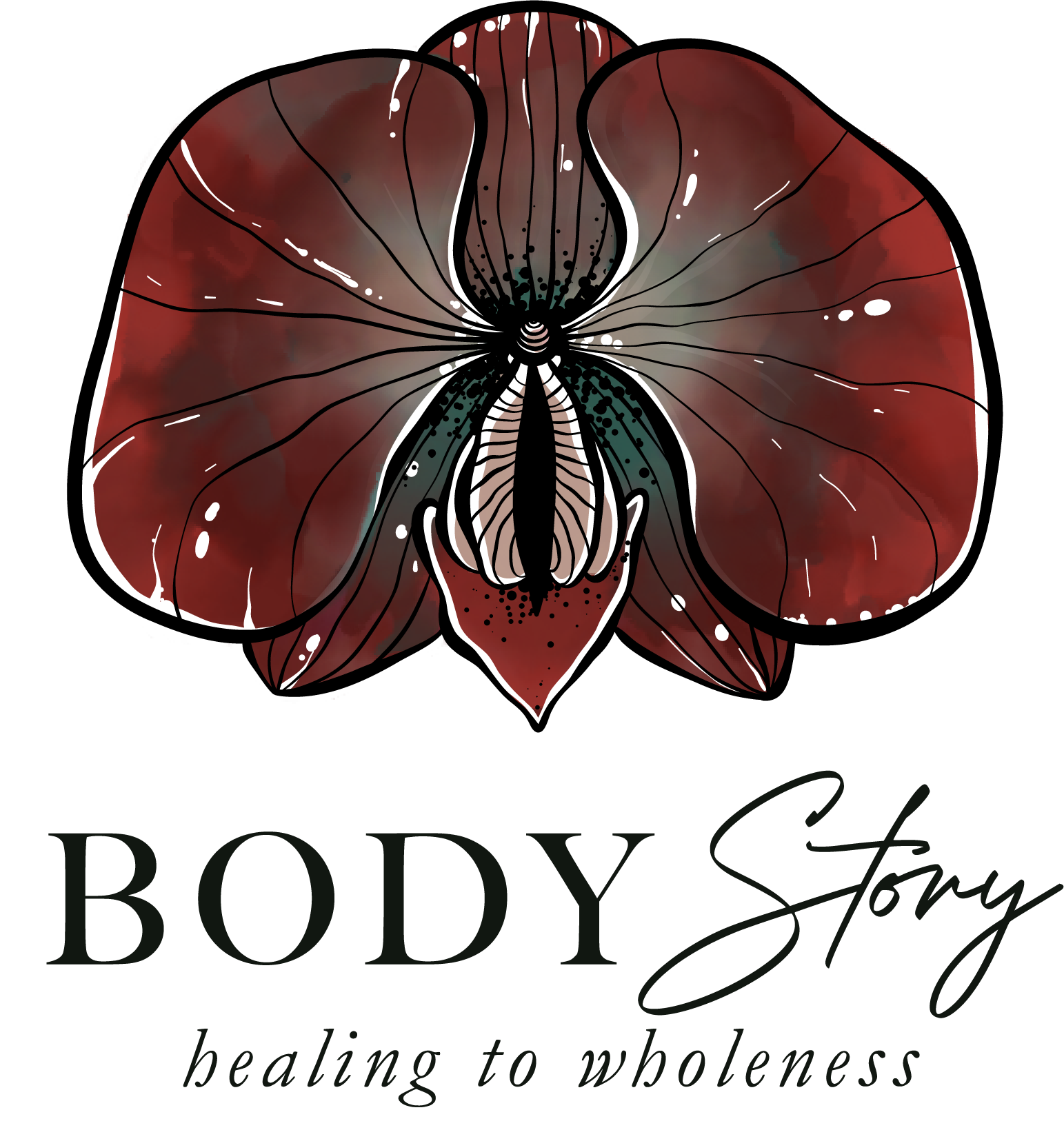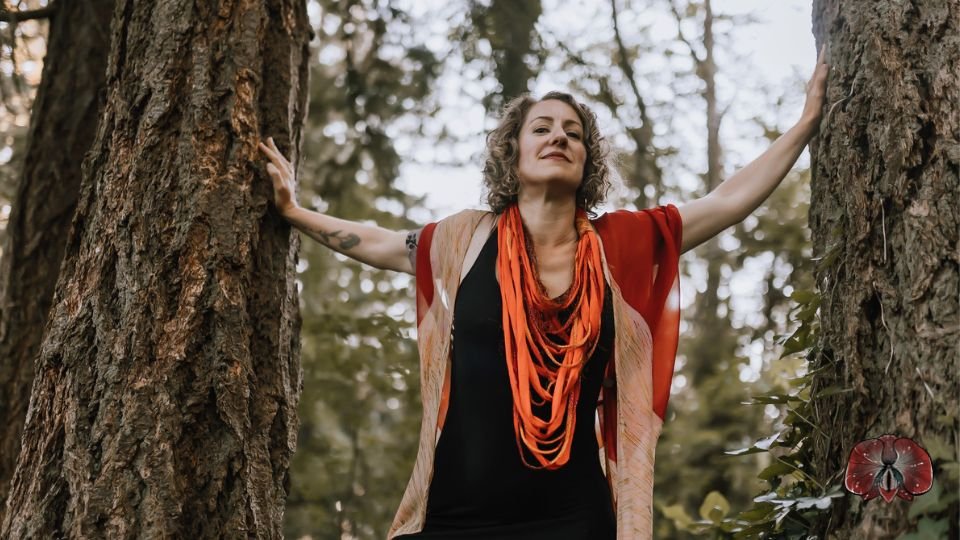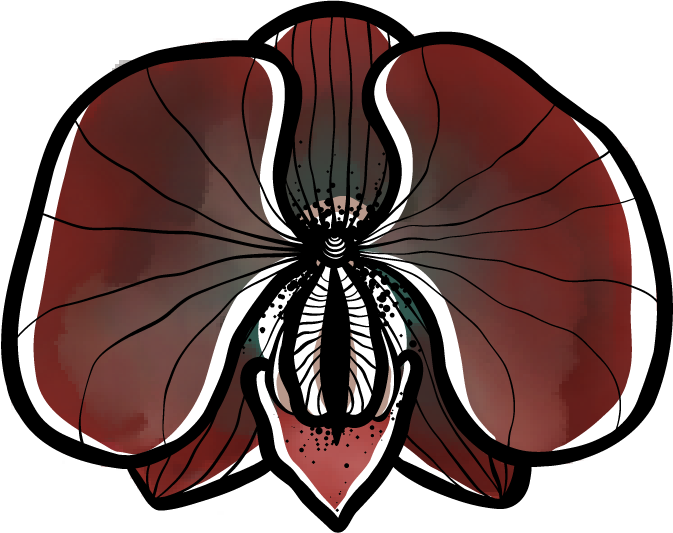(listen to the audio version)
A simple truth about humans – our bodies need other bodies.
We need each other to be seen/to see. To be held/to hold. To be received/to receive.
Relationships are the blood and heartbeat of life. But they are also the rope, the concrete block, and the deep water.
Why do we do this to ourselves? We repeatedly and willingly entangle our lives with the complications that come from connections that drain us as quickly as they fill us up. We do it for the only good reason that exists – because we must.
Can You Relate?
Our requirement for relationships is not just nice to have, but a necessity for life, on par with food and shelter. Even the simplest forms of togetherness – a nod at the grocery store, a smile at the doctor’s office – nourish us biologically and spiritually. And then there’s the big stuff, the beauty that comes when two beings find each other so irresistible that they are willing to take on the Herculean task of combining orbits.
But no matter how much we need them, relationships are chaos. They’re madness. Humans are unpredictable, imperfect, downright horrible, unbelievably wonderful, and so many other things. This truth makes relationships as volatile as volcanoes, but, like real volcanoes, what can result is a rich and fertile landscape from which all life springs.
Given the risks inherent in this necessary part of life, we have to find a way to deal. The only sane path forward? Make all relationships about you.
Mirror Me
That statement might come off like the Narcissist’s Guide to Relationships, but what I’m saying is quite the opposite. While the narcissist’s take would be that all relationships should fulfill their needs, what I propose is that every encounter with another human can offer a map to your personal growth that, if approached wisely, can benefit everyone.
We begin this path of self-centering in relationships in front of a mirror. A metaphorical mirror, the one every person who is in our lives holds up to us. In it we can see ourselves, but, as you’ll soon find out, it’s not always an accurate representation.
Every person’s mirror is different. Some we really like – these are the people who show us parts we’ve overlooked or denigrated. Those that reflect new, wonderful ways of being or cast a soft light on our jagged edges.
Others, we don’t like so much. We run from people whose mirrors show us our shadows. We turn away from those who distort our images or cast us in a bad light.
But no matter our likes and dislikes, all mirrors – and the relationships they represent – are a reminder of our journey to self-love and what might be in the way of that.
Mirror, Mirror
Mirrors seem simple. They’re a tool to check your hair or fix a collar. But if you stay in front of them long enough, you’ll find that there’s some magic there. What you see in the mirror is not an objective observation, but a perception shaped both by your life experience and the state of the mirror.
This truth of subjectivity becomes apparent in a practice I often invite my clients to do, called mirror work, which is as simple as standing in front of their reflection and noticing what they notice. Typically the first reaction is some shade of disgust. Everything is awful in the mirror. The mirror should be shattered or avoided. But with time, with guidance toward kind eyes, a softening occurs. This is when the truth of the mirror appears – what you see is not a simple reflection, but a complex mashup of all that is swirling around in each moment.
Mirror work offers the chance to become aware of the narrative you let define your image. It allows you to peel apart what’s covering the mirror – those smears of fingerprints and toothpaste spittle – from what’s being reflected. Or perhaps you may notice your mind’s negative perception and tenderly touch that part of yourself that can be so unkind.
In this work, you learn to gaze at yourself from a new angle, maybe a better angle. This is exactly what I propose you do with every other mirror – that is, human relationship – in which you find your reflection.
Yes, I See
When we make the focus of our relationships about our individual growth, we commit two outrageous acts that can make our world – and partnerships with humans – a bit more enjoyable.
The first is that by focusing on our image in the mirror, we become more aware of ourselves. Awareness is the starting point of all growth. Through it we create the conditions for self-understanding, which can lead to self-acceptance, which can lead to healing. By studying ourselves in another’s reflection, we can learn which parts of us we should honor and which we want to release back into the wilderness.
The second outrageous act is that by focusing on ourselves in relationships, we break free from the belief that we have even a 0.001% chance of healing, saving, changing, or improving another person. And if what you see when you look in that mirror is someone who desperately wants to heal/save/change/improve the other person, let the looking glass reflect the image of the only one over whom you have total influence.
But here’s the good news about that aspect – all problems in a relationship exist as part of a dynamic. In other words, no pattern – negative or positive – can live without each person playing a part. When you change up your part, you change the dynamic.
Mirror Magic
Mirrors are magical things (no wonder witches have used them for centuries). This is apparent in one of the big turns that can come from the mirror practice I described above. When you practice looking at yourself with eyes that see the whole, you may move further away from the voice that tells you your reflection is awful and closer to seeing your inherent, unconditional beauty.
Do this long enough and you will begin to expect better mirrors around you. Whether you’re talking to your lover, visiting your mother or meeting with your boss, you’ll start to notice if the image of you they’re reflecting back really fits who you know yourself to be, or if it’s cracked, bent, or coated with dust.
See what you see. And no matter what you see, don’t be afraid to make it all about you.
______________
Want more on how to have better relationships? Dive into the story of the one who formed the foundation for your relationships: your mom. Get on the waitlist for BodyStory: Mother to rewrite the story of where you came from so you can redefine where you’re going.





